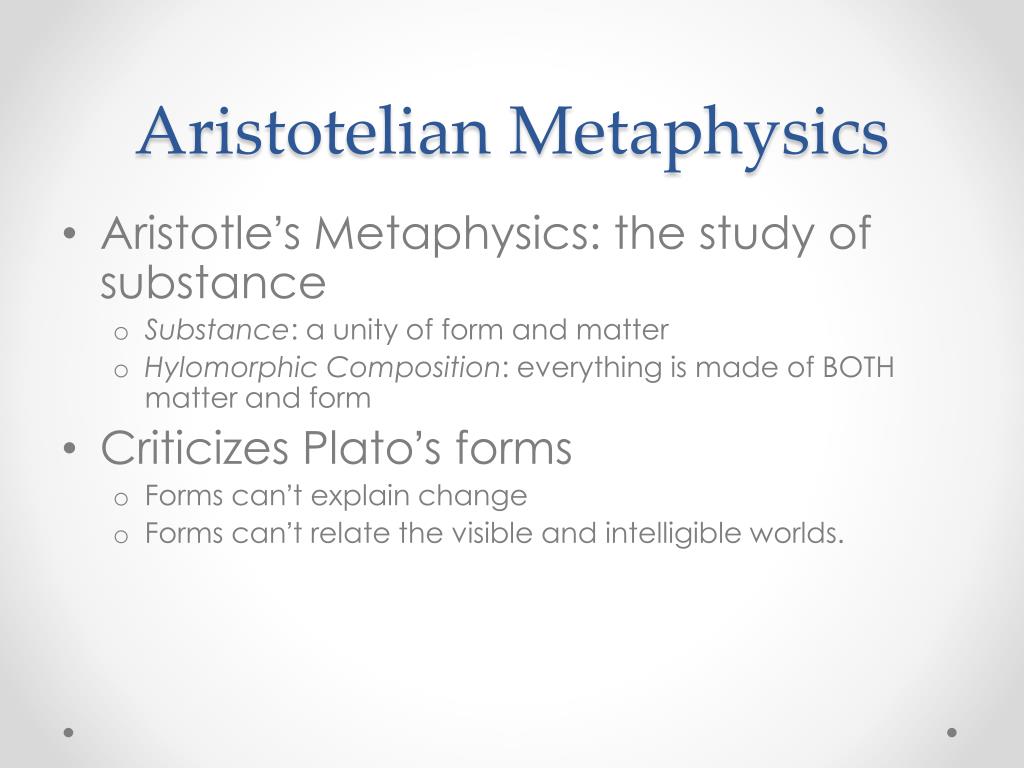



In present usage these questions are included in the study of epistemology. In the eighteenth and nineteenth centuries metaphysics was used broadly to include questions about the reality of the external world, the existence of other minds, the possibility of a priori knowledge, and the nature of sensation, memory, abstraction, and so on. Its subject matter includes the concepts of existence, thing, property, event the distinctions between particulars and universals, individuals and classes the nature of relations, change, causation and the nature of mind, matter, space, and time. In modern philosophical usage metaphysics refers generally to the field of philosophy dealing with questions about the kinds of things there are and their modes of being. Popularly, "metaphysics" has meant anything abstruse and highly theoretical -a common eighteenth-century usage illustrated by David Hume's occasional use of metaphysical to mean "excessively subtle." The term has also been popularly associated with the spiritual, the religious, and even the occult. Later, classical and medieval philosophers took this title to mean that the subjects discussed in the Metaphysics came "after the things of nature" because they were further removed from sense perception and, therefore, more difficult to understand they used Aristotle's frequent contrast of things "prior and better known to us" with things "prior and better known in themselves" to explain why the treatises on first philosophy should come "after the books on physics." In medieval and modern philosophy "metaphysics" has also been taken to mean the study of things transcending nature -that is, existing separately from nature and having more intrinsic reality and value than the things of nature -giving meta a philosophical meaning it did not have in classical Greek.Įspecially since Immanuel Kant metaphysics has often meant a priori speculation on questions that cannot be answered by scientific observation and experiment. Aristotle himself called the subject of these texts first philosophy, theology, or sometimes wisdom the phrase ta meta ta physika biblia ("the books after the books on nature") is not used by Aristotle himself and was apparently introduced by the editors (traditionally by Andronicus of Rhodes in the first century BCE) who classified and cataloged his works. The word metaphysics derives from the Greek meta ta physika (literally, "after the things of nature"), an expression used by Hellenistic and later commentators to refer to Aristotle's untitled group of texts that we still call the Metaphysics.


 0 kommentar(er)
0 kommentar(er)
